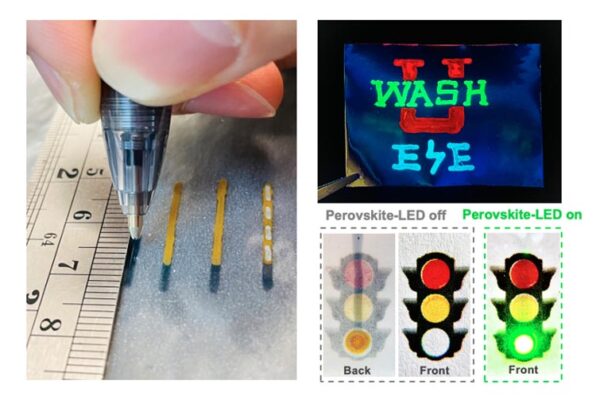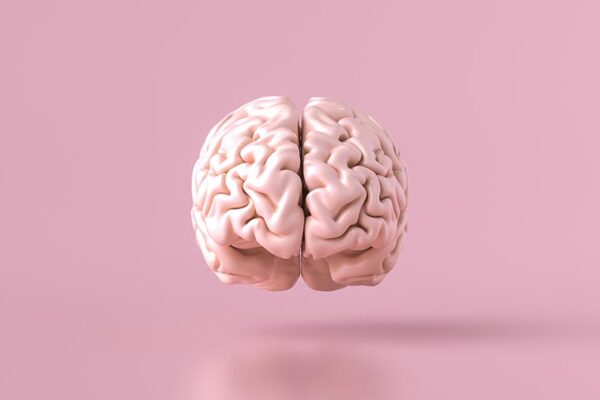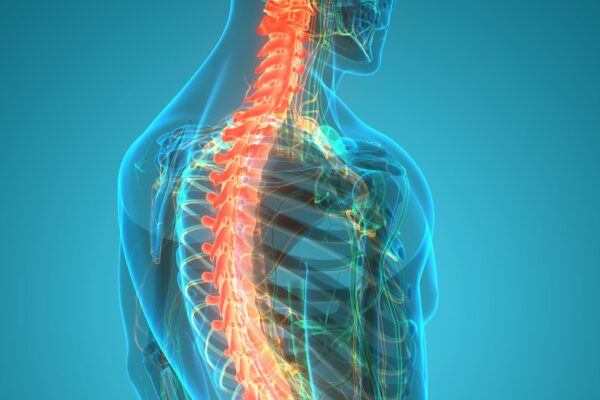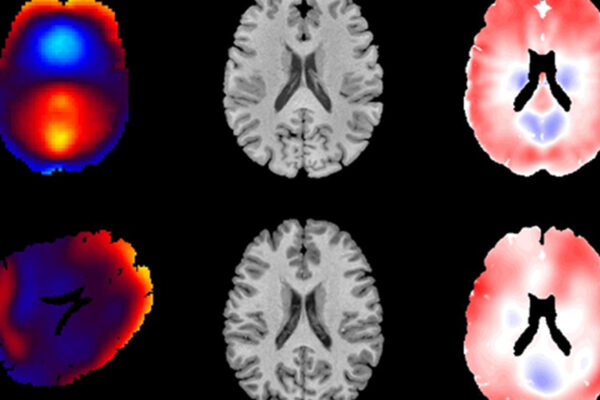Engineers named fellows of Asia-Pacific Artificial Intelligence Association
Ramesh Agarwal, a professor of mechanical engineering & materials science, and Yixin Chen, a professor of computer science and engineering, both in the McKelvey School of Engineering, have been elected as fellows of the Asia-Pacific Artificial Intelligence Association (AAIA), an interdisciplinary organization of AI industries.
Simple ballpoint pen can write custom LEDs
Researchers working with Chuan Wang, at the McKelvey School of Engineering, have developed ink pens that allow individuals to handwrite flexible, stretchable optoelectronic devices on everyday materials including paper, textiles, rubber, plastics and 3D objects. The study is published in Nature Photonics.
Good smells, bad smells: It’s all in the insect brain
Barani Raman and his lab at the McKelvey School of Engineering studied the behavior of the locusts and how the neurons in their brains responded to appealing and unappealing odors to learn more about how the brain encodes for preferences and how it learns.
Fast ‘yes’ better for brain than slow ‘no’
Research from mechanical engineers Ruth Okamoto and Philip Bayly at the McKelvey School of Engineering finds that the brain’s vulnerability to head motion depends on the direction and frequency, not just impact strength.
Fanning the flames
Research from Rajan Chakrabarty and Rohan Mishra at the McKelvey School of Engineering reveals an unexpected impact of wildfires on climate change.
AI + Design
WashU students and faculty are cutting through the hype and grappling with artificial intelligence.
Scientists develop breath test that rapidly detects COVID-19 virus
Scientists at Washington University have developed a breath test that quickly identifies those who are infected with the virus that causes COVID-19. The device requires only one or two breaths and provides results in less than a minute.
A low-cost potential therapy for spinal cord injuries
Ismael Seáñez at the McKelvey School of Engineering is developing a new method to treat spinal cord injuries that uses a low-tech electrode array that effectively stimulates muscles in the legs in people with spinal cord injuries.
Analyzing generative AI’s copyright crisis
Artificial intelligence tools like ChatGPT and Copilot offer helpful assistance to programmers, but computer scientists at the McKelvey School of Engineering have shown that both open-source and commercial AI platforms frequently generate copyright-infringing content.
Brain movement measured for clues to prevent, reduce injury
Philip Bayly and Jordan Escarcega at the McKelvey School of Engineering led a multi-institutional team to compare how the human brain deforms in response to movement using two types of magnetic resonance imaging. Such deformations are key to understanding traumatic brain injury but are challenging to study since the brain is hidden inside the skull.
View More Stories









